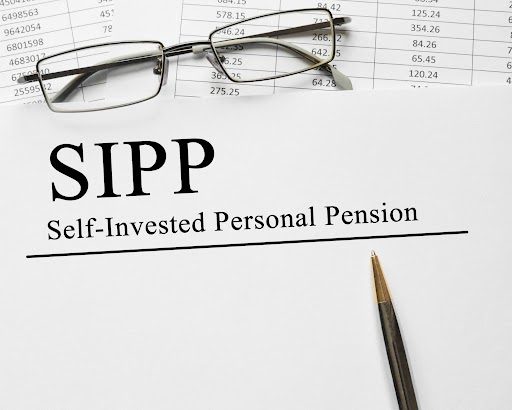
What are the French Tax Implications of a UK SIPP? Many individuals with a UK pension move to France each year, and are concerned as to how the income is taxed.
Does the SIPP I’m in effect how I can withdraw my pension?
This depends on the type of SIPP you are in; UK or International. Both pension schemes are set up the same in terms of regulation and access, but the International SIPP is specifically designed for non-UK residents and provides flexible access for individuals living abroad.
In contrast, most UK SIPP’s do not pay pension benefits to non-UK residents. You would need to speak to your provider to confirm if this is the case.
In this blog, we will focus on the tax treatment of an International SIPP, where income is being paid to an individual living abroad.
The Double Taxation Treaty
In theory, tax can be imposed from the country the income has originated from as well as where it is received. Fortunately, the UK and France have a Double Taxation Treaty in place which helps avoid individuals being subject to tax twice.
If an individual applies for a Nil Tax (NT) code in the UK, pension income from the UK will be paid out gross of UK Taxation. This is irrespective of how the income is drawn out. You can take out as much or as little as you like and no UK tax will be imposed.
If you did not apply for the NT code, HMRC will either apply your last known tax code or a standard 1257L code. Income is taxed differently depending on what code is in place.
Unfortunately, because the income is not taxable in the UK, it then becomes taxable in France. Therefore, when deciding how much of your pension to drawdown, it would be best to speak to a French Tax Adviser to understand the implications.
Can I still take my 25% Pension Commencement Lump Sum (PCLS)?
As an International SIPP is still a UK SIPP, the same flexible access rules apply for drawdown. A 25% tax-free lump sum can be taken with the rest drawndown as and when you like. But it’s important to note, the 25% tax-free lump sum (PCLS) is tax-free in the UK but not in France.
This means if you have a large pension value and take the lump sum, it could mean a substantial tax bill from the French authorities – especially since the French tax system is not very preferential for high-income earners.
The good news is that this potential tax liability can be reduced with some tax planning. You can elect for a fixed rate (prélèvement forfaitaire) of tax in France of 7.5%. But it is still important to give consideration to French social charges.
How do I apply for my Nil Tax (NT) code?
Firstly, you would need to visit your local government office (a Prefecture in France), to request the form proving that you are a local tax resident.
Once this is obtained, you will need to create a Government Gateway account which will allow you to complete the P85 form online. Alternatively, you can do the form by post – this usually takes longer.
After HMRC has processed the P85 form, your NT code will be applied to the UK pension withdrawals.
How do I declare my UK SIPP income in France?
Any UK SIPP income will need to be declared on your French Tax Return. The tax applied will depend on your other income and what tax rate band you fall into.
To avoid any nasty surprises, it would be useful to set aside some of the income for the tax bill at the end of the year. A French tax adviser would be able to provide some guidance on how much to set aside.
Do you have a UK SIPP as a resident in France?
If you are wondering what the French tax implications of a UK SIPP are, please don’t hesitate to get in touch and we can assist with any solutions.



